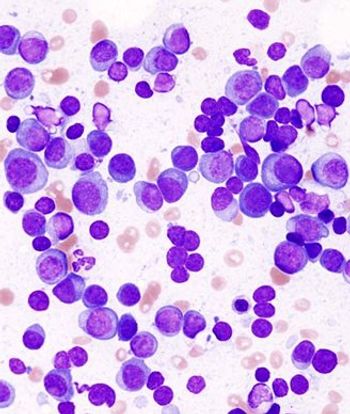
The addition of selinexor, a selective inhibitor of nuclear export, to bortezomib and dexamethasone improved progression-free survival across all subgroups in a study of pretreated patients with multiple myeloma.

Your AI-Trained Oncology Knowledge Connection!


The addition of selinexor, a selective inhibitor of nuclear export, to bortezomib and dexamethasone improved progression-free survival across all subgroups in a study of pretreated patients with multiple myeloma.

According to the largest phase III trial examining BTK inhibitors for patients with Waldenström macroglobulinemia, zanubrutinib appears to be associated with higher complete response or very good partial response, as well as clinically meaningful advantages in safety and tolerability compared to ibrutinib.

Carfilzomib combined with lenalidomide and dexamethasone failed to improve progression-free survival, compared with the current standard of care triplet of bortezomib, lenalidomide, and dexamethasone, in patients with newly diagnosed multiple myeloma.
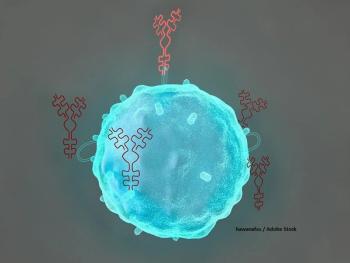
Maintenance rituximab was tested in patients with diffuse large B-cell lymphoma who achieved complete remission after R-CHOP.
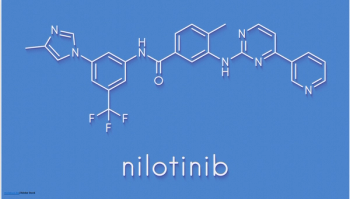
Updated results from ENESTop show patients with CML remain in treatment-free remission after stopping nilotinib.
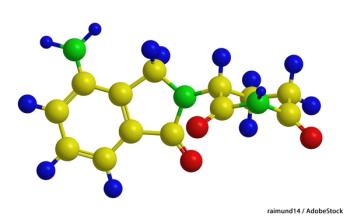
Results from a second clinical trial examined the use of lenalidomide treatment in patients with high-risk smoldering multiple myeloma, where the standard of care has been observation.
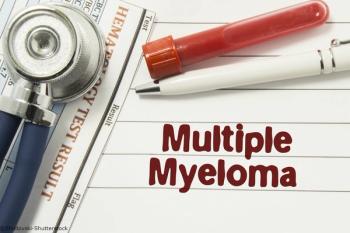
Researchers evaluated survival and infusion time with combination isatuximab, pomalidomide, and low-dose dexamethasone vs pomalidomide plus low-dose dexamethasone alone in relapsed or refractory multiple myeloma.
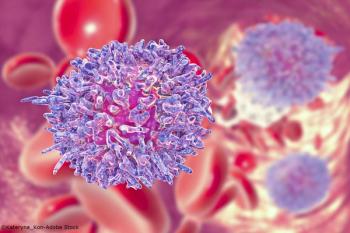
Five-year follow-up of the phase III COMPLEMENT 1 study focused on the efficacy with respect to overall and progression-free survival.
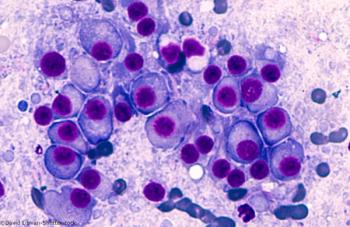
The COLUMBA trial examined the efficacy, number of infusion-related reactions, and administration time for SC vs IV daratumumab in R/R multiple myeloma.
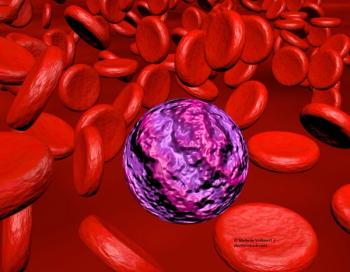
The survival benefit observed with gilteritinib in FLT3-mutated relapsed/refractory acute myeloid leukemia in the ADMIRAL trial was maintained regardless of the presence of several common co-mutations.
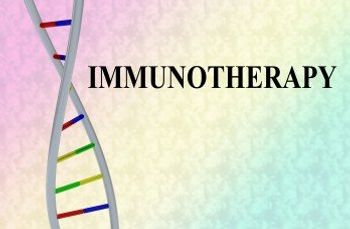
Data from the first-in-human study of AMG 420, an anti-BCMA bispecific T-cell engager (BiTE) immunotherapy, were presented at ASCO 2019.

Data were presented at ASCO 2019 on the link between current and former smoking on treatment outcomes in AML in treatment-naive patients.
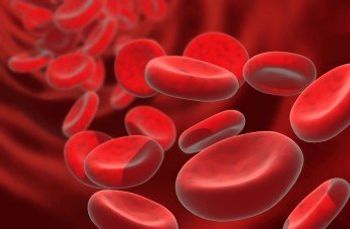
A phase I study of a CAR T-cell therapy showed success in refining cell dosing and adverse event management protocols in patients with relapsed/refractory ALL.
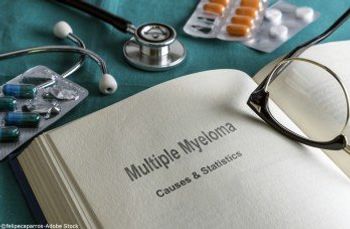
New data from the CASSIOPEIA trial evaluated the use of daratumumab in addition to bortezomib/thalidomide/dexamethasone after ASCT in multiple myeloma.
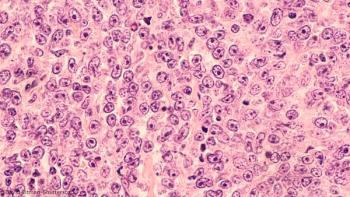
Researchers studied the Fc-enhanced, humanized anti-CD19 antibody MOR208 combined with lenalidomide in relapsed/refractory large B-cell lymphoma.
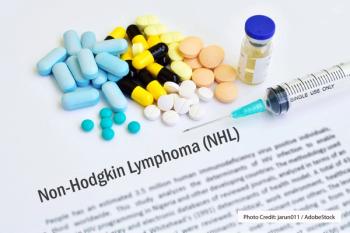
The MAGNIFY phase IIIb trial looked at the efficacy and safety of lenalidomide combined with rituximab in relapsed/refractory indolent non-Hodgkin lymphoma.
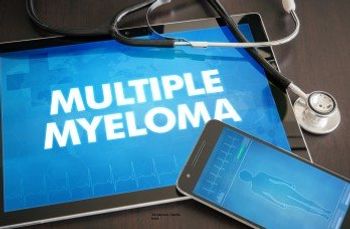
Research presented at ASCO 2019 posited that multiple socioeconomic factors make a real difference in overall survival.

CAR T-cell therapy with bb2121 induced deep, long-lasting responses in patients with heavily pretreated MM.

A case series of rare peripheral T-cell lymphoma that is associated with breast implants found that most cases have an indolent clinical course.

In the randomized phase III iNNOVATE trial, adding ibrutinib to rituximab significantly improved PFS in patients with Waldenström macroglobulinemia.

In CAPTIVATE, first-line ibrutinib plus venetoclax yielded a high rate of undetectable residual disease, without new safety signals, in chronic lymphocytic leukemia.

In TRANSCEND NHL 001, the CD19-directed 4-1BB CAR T-cell product lisocabtagene maraleucel yielded durable responses in heavily pretreated R/R DLBCL.

In MMY1001, median PFS was 14.1 months and median OS was 21.1 months in patients with lenalidomide-refractory myeloma treated with daratumumab/carfilzomib.

A once-weekly regimen of carfilzomib plus dexamethasone improved response and delayed progression better than a twice-weekly regimen in R/R MM.
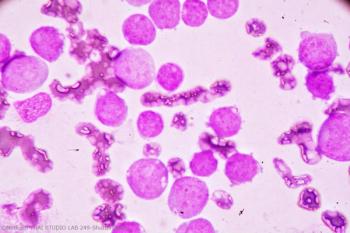
This approach may lead to better understanding of risk-mitigation strategies, and perhaps better outcomes in patients with secondary AML.

Unconventional strategies and targeted therapeutics may be required to overcome the adverse risks associated with TP53-mutated AML.

OPTIMISMM is the only phase III trial to show a significant PFS benefit in R/R MM patients with prior exposure to lenalidomide.

Therapy with CAR T cells may benefit patients with highly refractory multiple myeloma, said U Penn’s Adam Cohen at ASCO 2018.

Risk stratification is leading to increasing numbers of new molecular targets in multiple myeloma.

Joshua Brody discusses ECHELON-1 and its subanalyses, the results of which are anticipated to change the management of Hodgkin lymphoma.